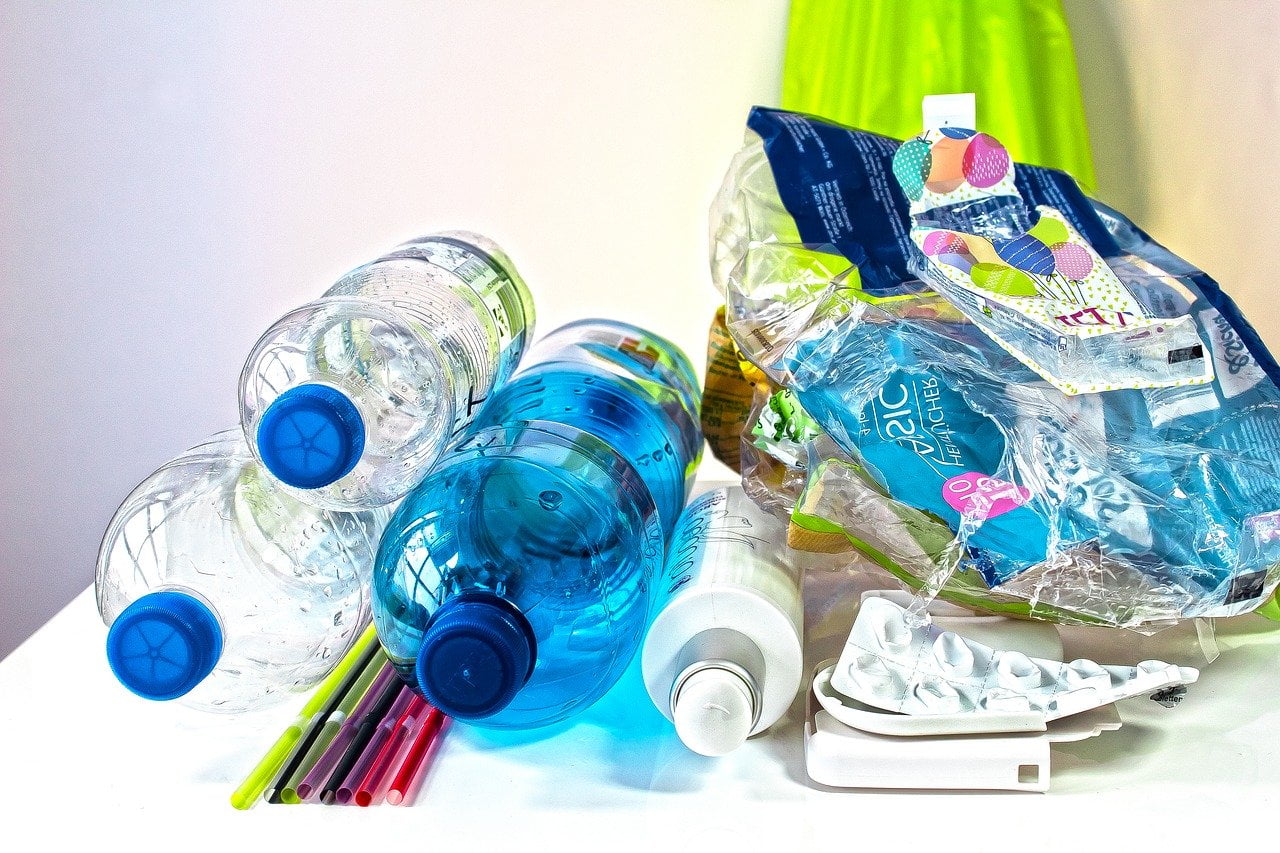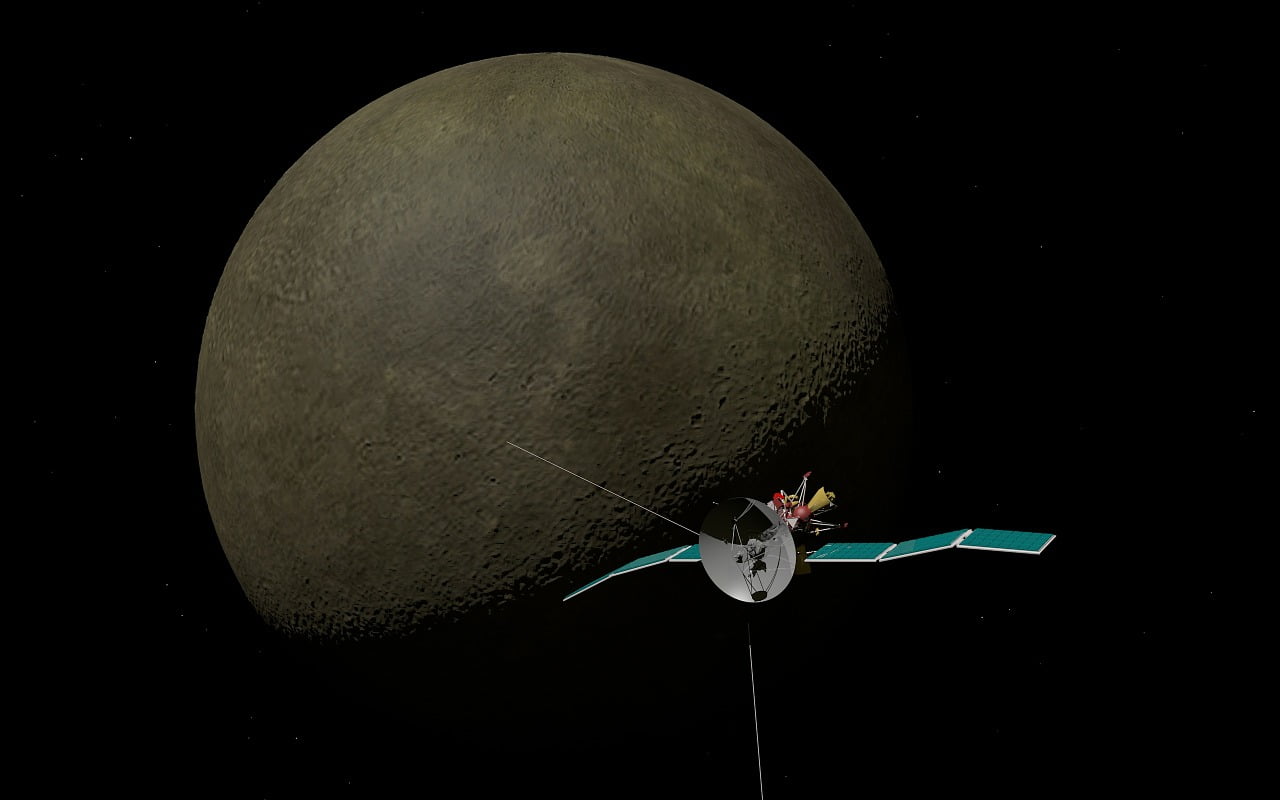When an organism is fossilized beneath the surface of the Earth for a few million years, we get crude oil. The main component of crude oil comes from the lipids in the cells of the organisms that were fossilized. It is a process of natural decay. If plastic is made from crude oil which is biodegradable, then why is plastic not? The answer to this lies in the way plastic is made.
Polythene is a type of plastic which is used to make plastic bags that we use every day. Crude oil is heated at an industrial scale. The components that are required to make plastic are extracted to be used further. The basic structural unit of this raw material is a monomer. Through a series of chemical reactions, new bonds are formed, and a chain of monomers is linked together. This process is called polymerization because the chain it results into is a polymer.
In the natural world, decomposition is the process by which bacteria and fungi break down organic material into its simplest form. Organisms secrete enzymes that digest degradable material. This is nature’s way of recycling carbon and nitrogen. Most of these organisms do not identify plastic as something that they can process. Nature does not make synthetic polymer bonds like that. The organisms that have evolved billions of years to break a certain type of bonds cannot identify polymers. So, plastic bags remain nondegradable.
In such a scenario, plastic waste keeps on accumulating with nowhere to go. It causes imbalance in the ecosystem and threatens life.
To tackle this, new research is continually being done. Some studies have shown that it if plastic is exposed to enough UV light, it can be biodegraded. However, this has not been proved either fast or effective. Another direction that the scientists are taking is to switch out polymer bonds by peptide bonds, resulting into a plastic that is biodegradable. This technology is in its early years and we will have to wait to see where it goes.




